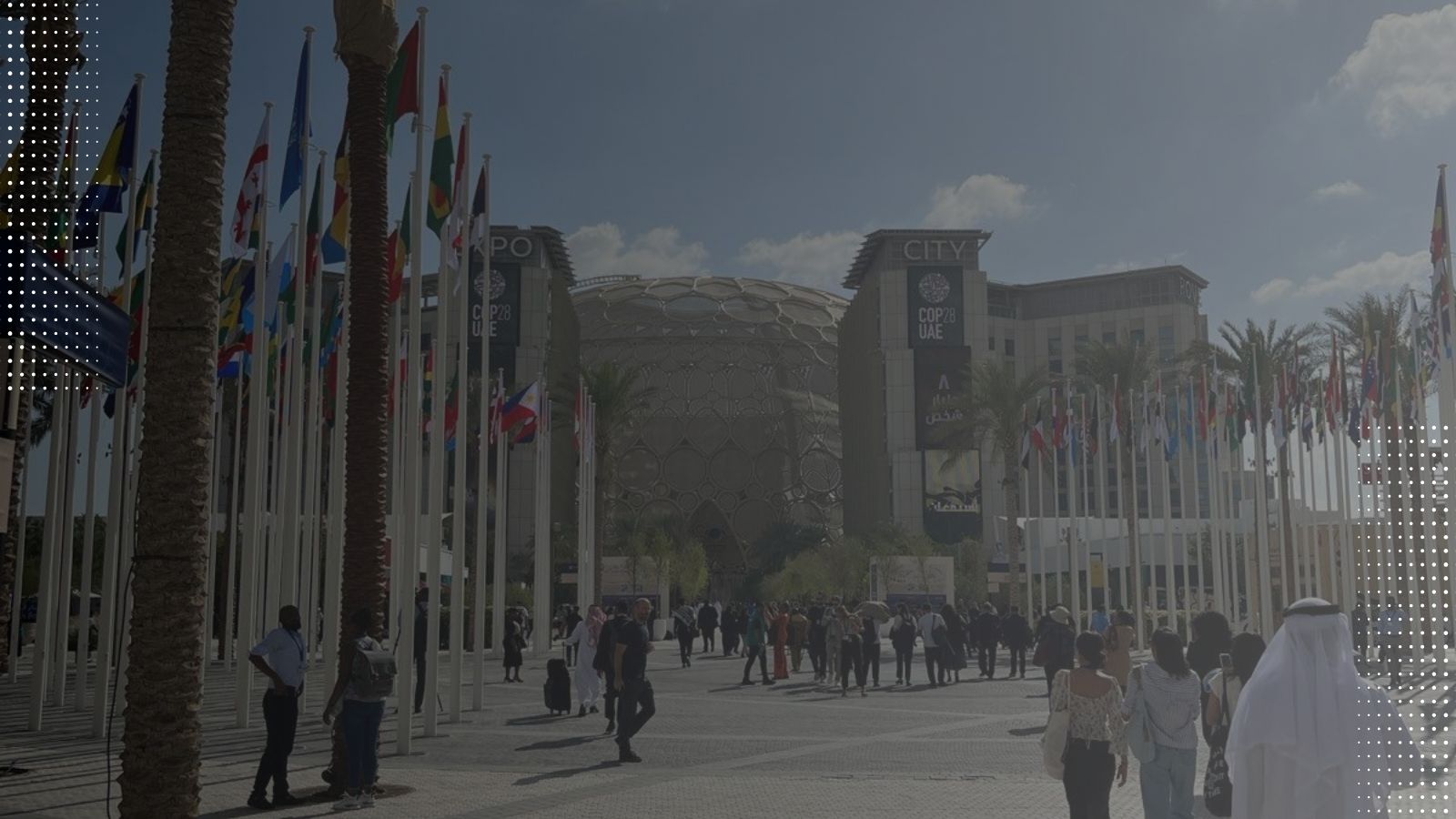Week one was high on drama, spin and shiny objects. Still, bar the new loss & damage fund it offered little in the way of substance or a sign that COP28 will be the “historic” moment its boss Al-Jaber wishes it to be. Despite the fact that fossil fuel use needs to be cut rapidly, countries are split along familiar lines. Rich, fossil fuel heavy nations are playing hardball; poor, vulnerable nations are being hammered.
And with COP boss Al-Jaber stressing he wants an orderly closure of COP28 “by 11am [Tuesday] at the latest”, the clock is ticking. The deadline’s particularly ambitious given none of these summits ever finishes when it should – the last one to end vaguely on time was 2004.
A plenary session this morning should offer a sense on how the Presidency plans to navigate the coming days. The core, flagship Global Stocktake (GST) text remains a fossil fuel battleground. A new iteration may land later today after the ministerial pairings are announced. Denmark and South Africa have already been tapped to lead the GST. Others set to be included are Norway, Singapore, Chile, Australia, Egypt and Canada.
“I want to see parties step out of their comfort zones,” Al-Jaber has told delegates. That clearly hasn’t happened, quite the reverse in fact. The stakes for the UAE are high, a test of the nation’s diplomatic skills like no other. Its leaders need a win to underline the country’s geopolitical influence. “The UAE’s China-Nixon moment has arrived,” claimed Foreign Policy back in May. Now it’s for real.
Blocking progress
Multiple texts are in play but three stand out.

Photo by Dimitri Karastelev on Unsplash
The GST will set the bar for the next round of national climate plans (due in 2025) and is where the vital balance of mitigation, adaptation and financial support will be struck. The Mitigation Work Programme (MWP) will identify the best clean energy pathways and investments through the 2020s. The Global Goal on Adaptation (GGA) will deliver a playbook for adaptation investments and progress through the 2030s and beyond:
- GST – A new text is due on Friday or Saturday. Fossil fuel phaseout is the key issue. Saudi, the US, China, India and Russia are playing hardball.
- MWP – Envoys from climate vulnerable nations say Saudi Arabia has blocked multiple efforts to progress discussions on fossil fuels. For its part, Saudi Arabia is pushing hard on finance as a core ‘enabler’ for new investments.
- GGA – The Africa Group, small islands and Least Developed Countries are pushing for a rigorous playbook, while the Arab Group and US are among those backing weaker proposals. There is frustration over the process, how the text has changed and the targets that have been included. The G77 has objected to the inclusion of conservation and biodiversity targets in the text on the basis they’re aligned with mitigation ambition rather than adaptation.
The High Ambition Coalition (HAC) could be primed to re-enter the ring to push things along. A Wednesday evening Dubai dinner has spiced up the group’s vibe and re-energised some constituents. Its latest statement – signed by 26 leaders and updated on 1 December – speaks of halving emissions by 2030 and phasing out all fossil fuels. Another intervention could be forthcoming.
Food missing
One stumbling block could be the hitherto-little-known Anti Fossil Fuel Phase Out Group, which appears to have five key members: Saudi Arabia, India, China, the US and Russia. It’s an unusual group who all have their gripes, but on this they appear as one. Four of them are in the top five oil and gas producers, with US output soaring in the face of OPEC+ cuts, while India has firmly pushed back on the idea it needs to ditch gas and coal.
But it’s not just fossil fuels that are proving highly contentious. Despite a World Leaders’ pledge to transform the food system, there is virtually no reference to food in the GST draft, even though the sector accounts for a third of global emissions and is vulnerable to the impacts of climate change. Countries including Brazil called for its inclusion while NGOs warned the GST cannot deliver on its mandate if it overlooks food.
Finally, a quick update on COP29. Baku is now looking like the most likely venue. It would be the third fossil-fuel-heavy and authoritarian country to host a UN summit in as many years. It will also take the talks to what many say is the birthplace of the oil sector, where production started around the 11th Century.





